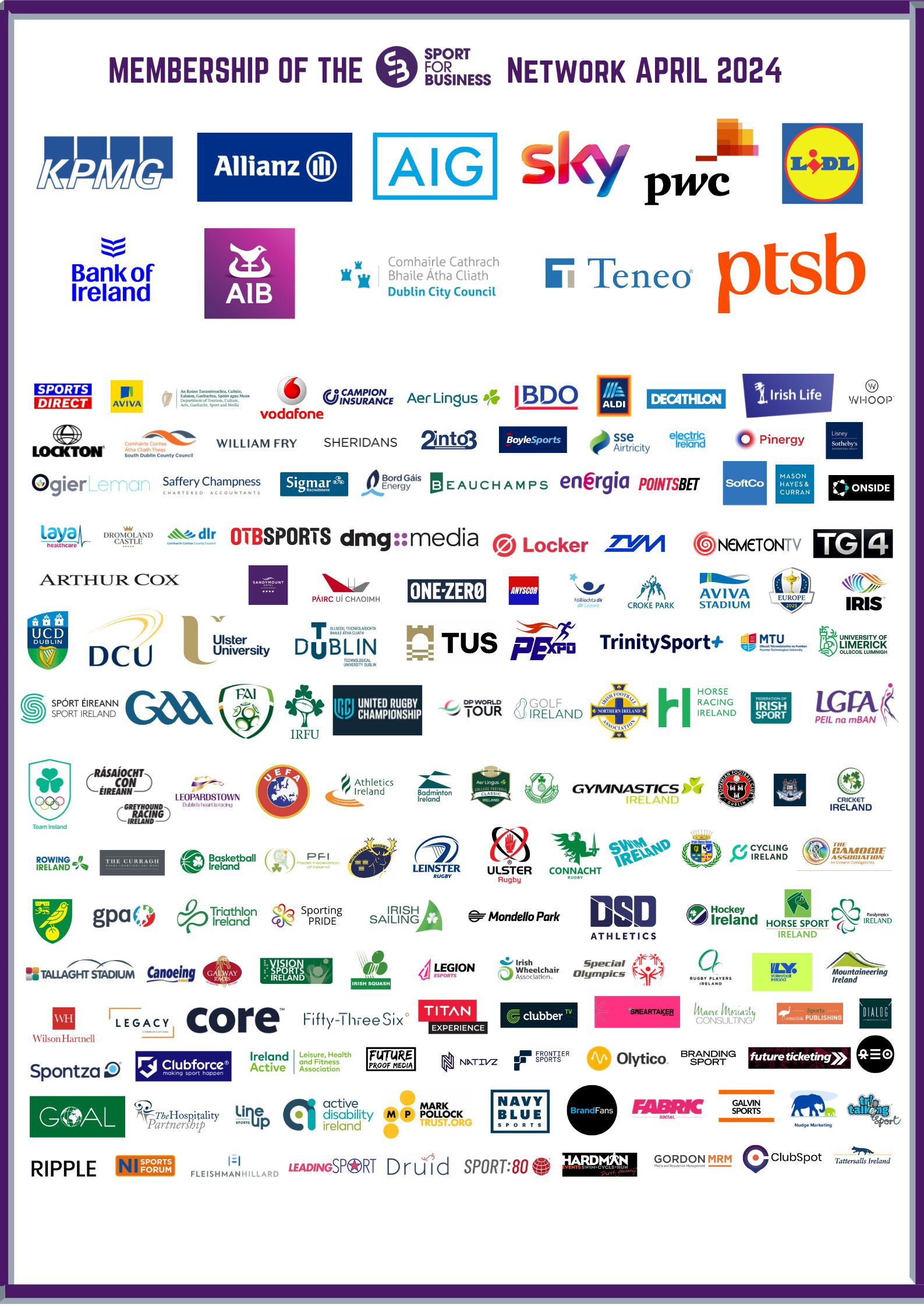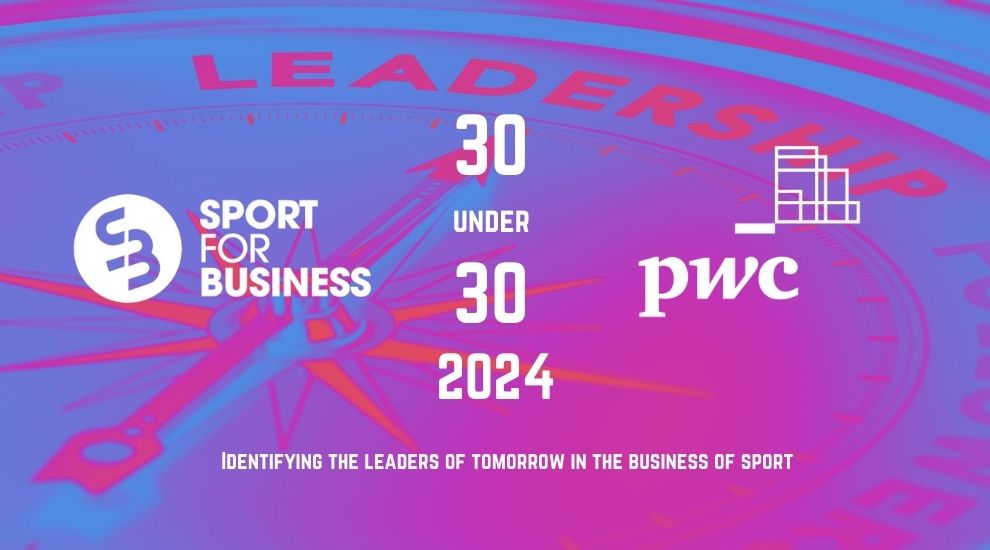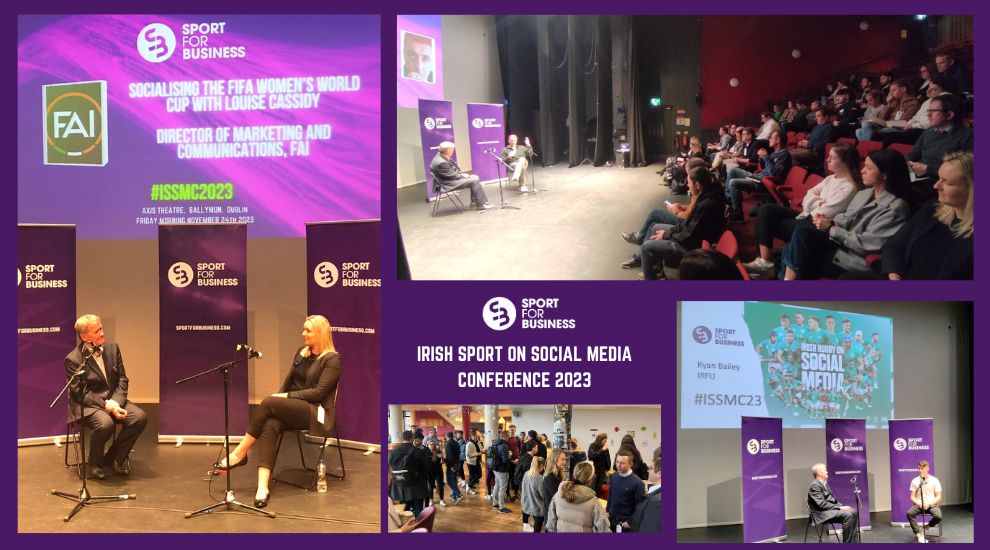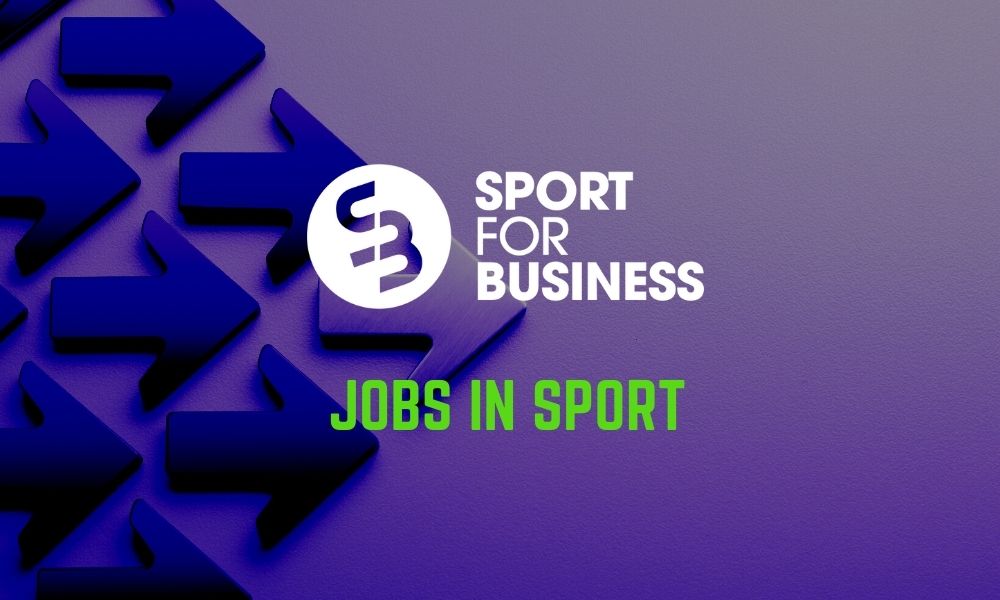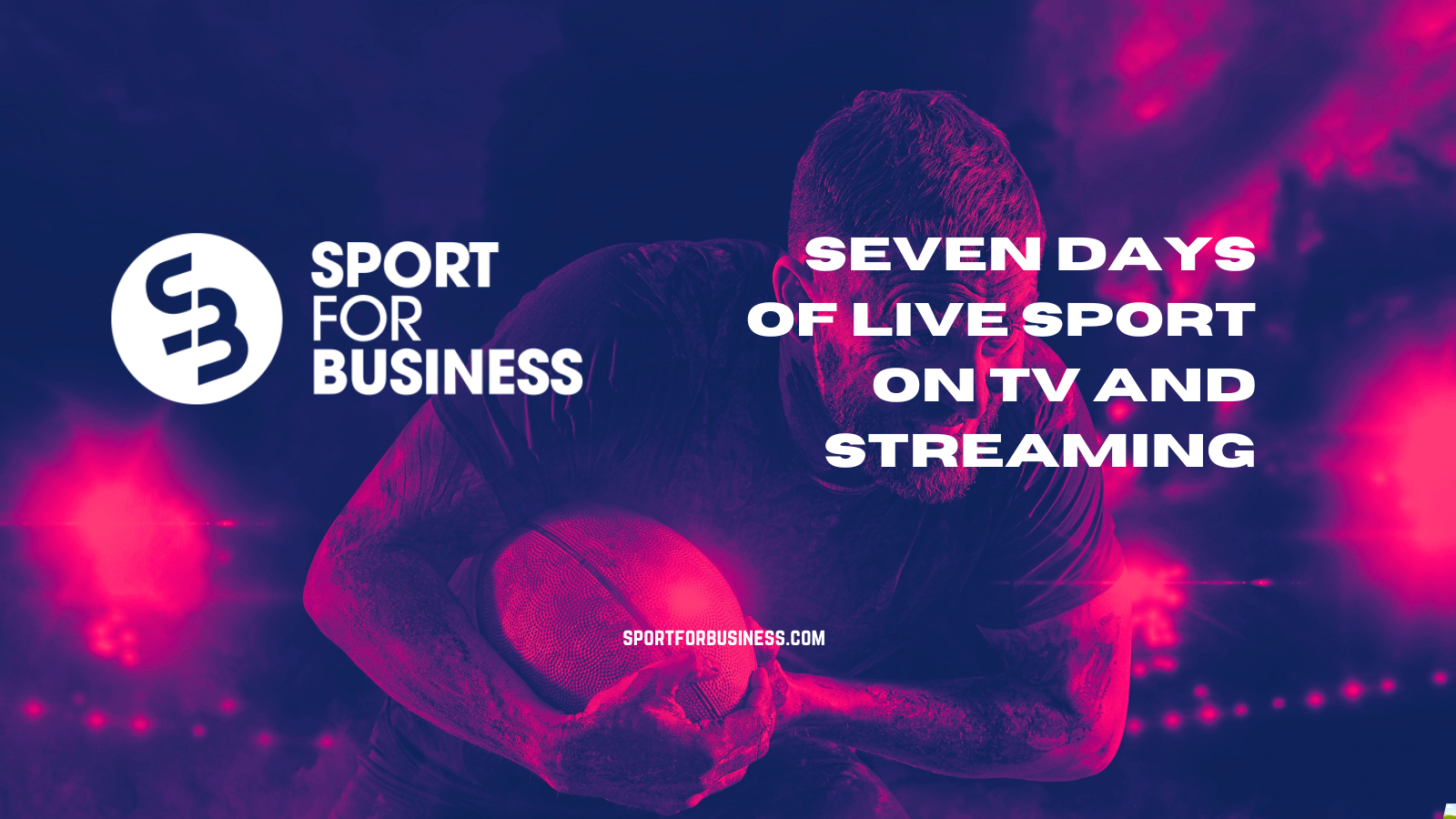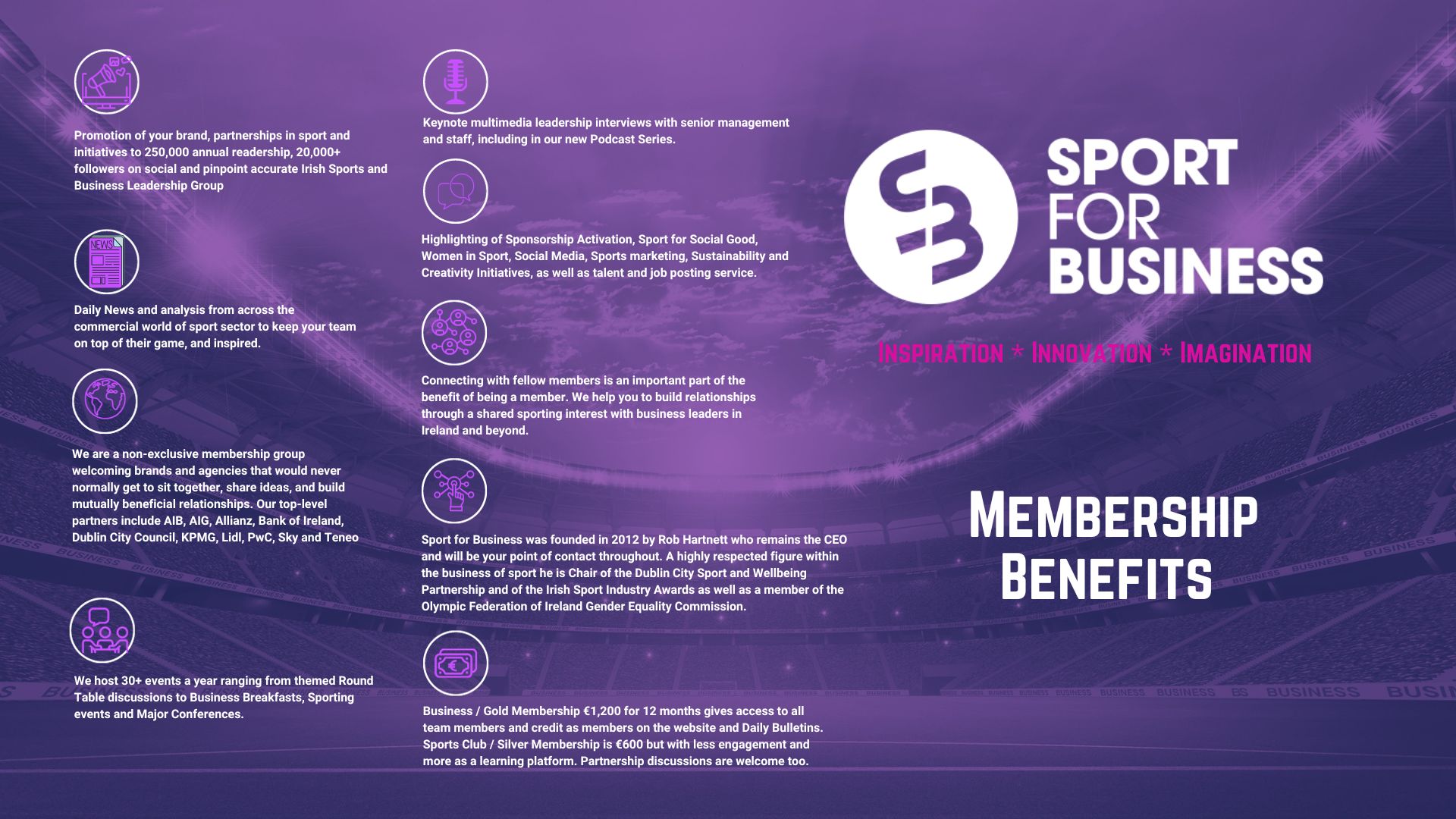It may seem like a little too much too soon to be drawn again with Wales and Denmark but that was the 110/1 longshot of permutations that emerged from yesterday’s draw for the inaugural UEFA Nations League.
Much of the commentary in Ireland has focused on the interview between Martin O’Neill and Tony O’Donoghue. It was difficult to watch at times and not the most edifying of ways to kick off the next chapter of O’Neill’s time in charge.
He clearly feels that O’Donoghue has a grudge against him, though the evidence for this is not easy to find. If there was an issue it really should have been resolved away from the camera and not played out for the world to watch. Sometimes it’s important to just shake hands and move on.
The other element across much of the coverage is the supposed complexity of the new competition. In our opinion, that’s just lazy.
Here is how the whole thing works and why it is important.
The European nations are divided into four Leagues with the Republic of Ireland and Northern Ireland both in the second level.
Within those leagues, there are four groups of three teams, each of whom will play each other home and away across six potential match dates in September, October and November of this year.
The winner of each group will be promoted to the next level up the next time around and the bottom team will drop to the next level down.
Looking across the groups this means that one of Germany, France or the Netherlands will be ‘relegated’ to League B at the end of the autumn campaign and either of the Irish teams could end up playing in a group next time around, in the autumn of 2020, with England or Spain.
It’s a smart replacement for the kind of friendly fixtures that would in the past have included games against Oman and will serve to boost interest and ticket sales, an important consideration for the health of the game.
An additional bonus is an additional opportunity to qualify for the Euro 2020 Finals.
The seeding for the draw for the qualifying groups will be based on results in the Nations League and the top two teams in each of ten groups will qualify.
That will leave four places and those will be decided by two single leg semi-finals and one single leg final played among the best teams from each group within each League of the Nations League that has not qualified through the group stage.
This could mean that we finish bottom of the group but still get a shot at Euro 2020 qualification and with two home games guaranteed for the Aviva Stadium in 2020 that alone is a reason to be excited about the new format.
After yesterday we know that the Republic of Ireland will play Wales in Cardiff on Thursday, 6th September and at home in Dublin on Tuesday, 16th October. The Danish games will be at home on Saturday, October 13th and away on Monday, 19th November.
Northern Ireland will play Bosnia and Herzegovina at home on Saturday, 8th September and Austria on Sunday 18th November. The away fixtures will be on Monday 15th and Friday 12th October.
From a sponsorship perspective, the competition marks the first outing for Volkswagen as an official partner of UEFA’s National Team competitions between 2018 and 2022.
It’s a busy space with Nissan involved at a high level within the UEFA Champions’ League and Kia taking the same position within the Europa League. Ford are the official vehicle partner of the FAI.
Sign up today for our free daily news digest covering the commercial world of sport or discover the benefits of becoming a full member alongside the many leading organisations whom we serve.





